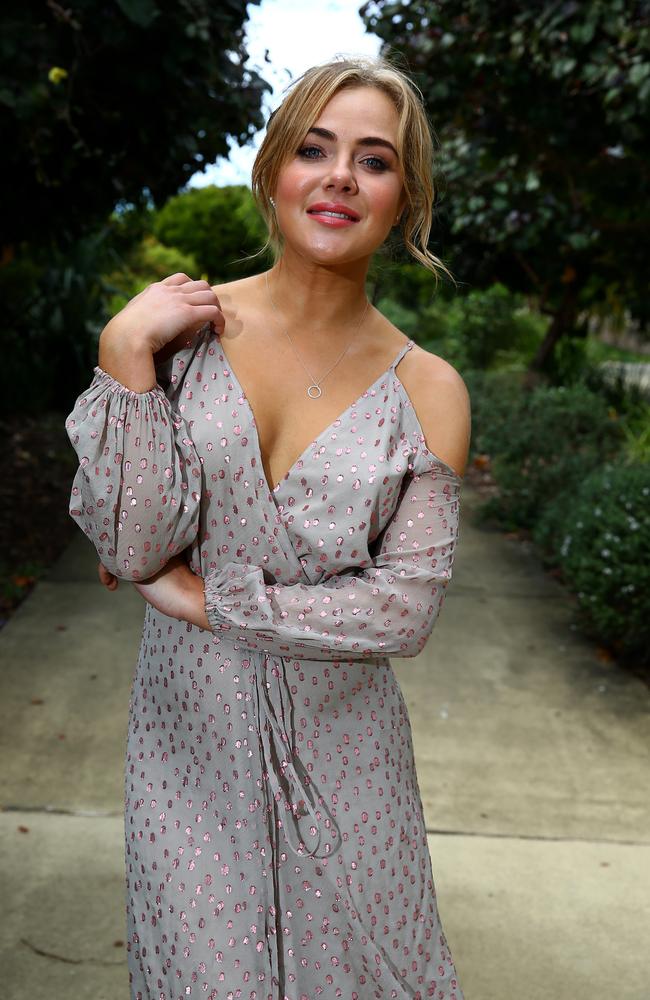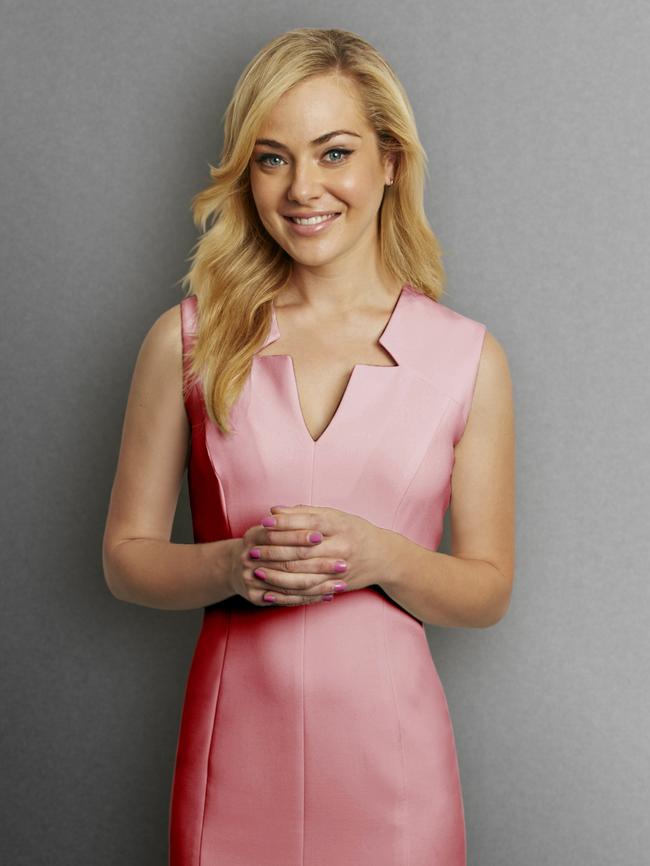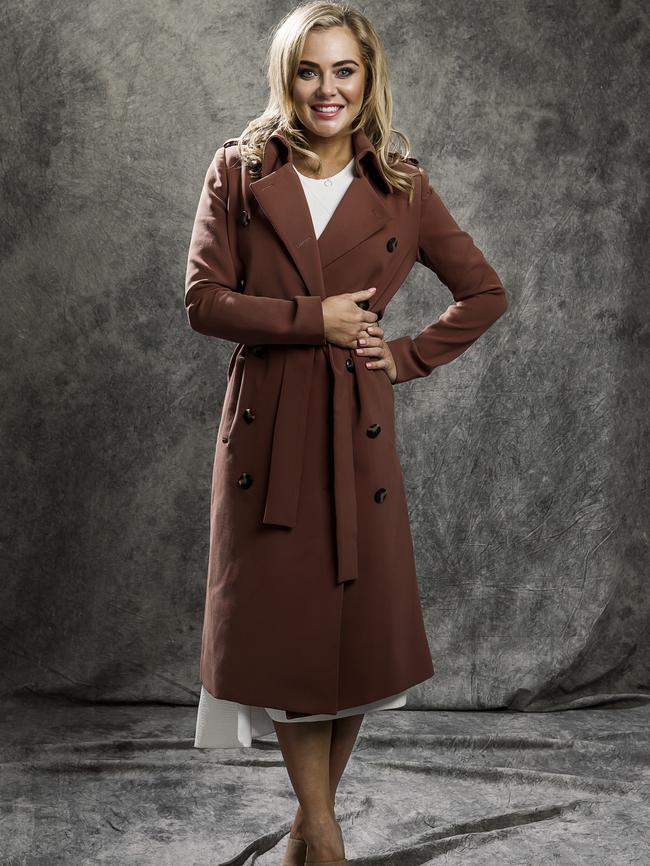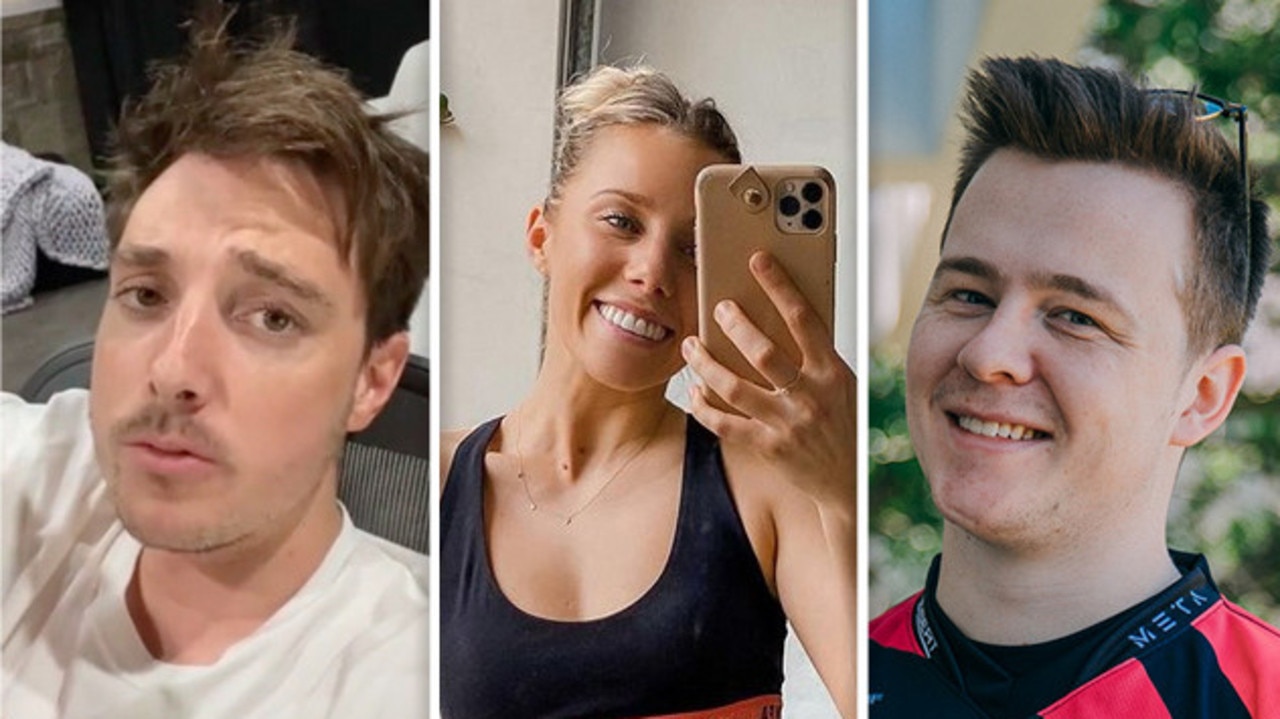Jessica Marais doesn’t want her struggle with mental illness to define her
JESSICA Marais doesn’t want the fact she’s been open about suffering depression to define her, personally or professionally.
Confidential
Don't miss out on the headlines from Confidential. Followed categories will be added to My News.
JESSICA Marais doesn’t want the fact she’s been open about suffering depression to define her, personally or professionally.
The celebrated star of new Channel Ten series The Wrong Girl has in the past spoken openly about her very personal battle.
“Your struggles are what makes you stronger and you shouldn’t be defined by them,” Marais told the Confidential on Nova radio show.
“I have a personal way of coping with struggles, the same way that anybody else does, and I don’t think that anyone should be defined by that. Also, there are periods of your life that you can go through something and you can move past them and other people have lifelong things.”

It was in a 2014 interview with the Australian Women’s Weekly that Marais first revealed she suffered from Bipolar, saying it is important to talk about depression and that the more we talk about it, the more stigma surrounding mental illness is removed.
Now, two years later reflecting on that revelation, she said: “I suppose when I made that statement, I didn’t want it to be a defining element of my personality because there are so many other things and that is just one little tiny facet. I don’t set myself up to be any sort of expert that can impart advice but what I will say is that I’ve learnt to be more open with the people close to me when I’ve had struggles of my own.”


Marais is one of our biggest stars of the small screen thanks to roles in shows like Packed To The Rafters and Love Child.
A graduate of the National Institute of Dramatic Art (NIDA), she has a four-year-old daughter named Scout with ex partner, actor James Stewart.
Marais, 31, was commended for her bravery when she revealed her bipolar episodes had been a part of her life from the age of 12.
“I never as a public figure think that I can instruct people on how to deal with issues like that,” she said. “We have scientists, doctors, counsellors, social workers, partners, family, that are trying to learn how to cope with those sorts of issues. I just never want to be someone that thinks they can tell everyone else how to deal with it.”



